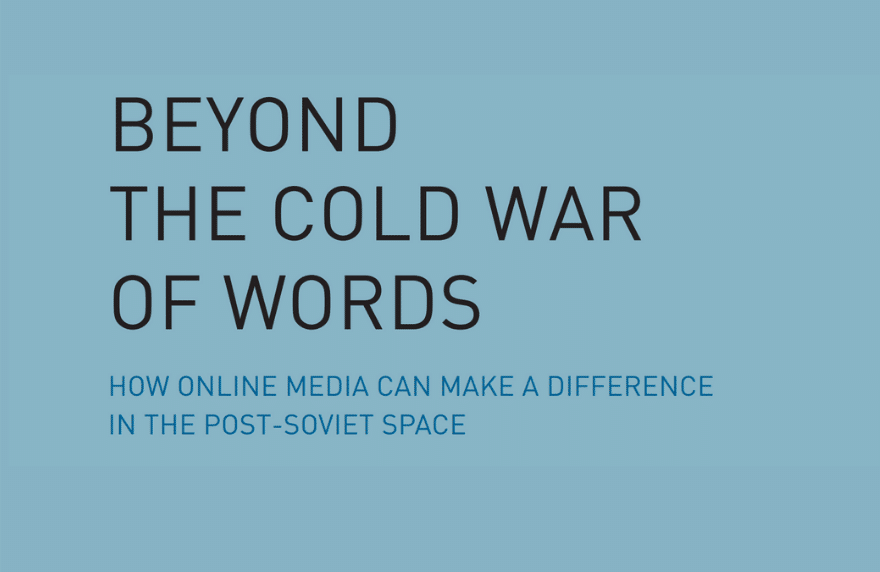Slowly but surely, online social media are shaping tomorrows political landscape. Egypt is a case in point. Many analysts believe that President Hosni Mubarak has been grooming his son Gamal Mubarak for the presidency. Recently, Gamal Mubarak was nominated by his father to become the General Secretary of the Policy Committee in the National Democratic Party. Running against Gamal Mubarak is the former General-Director of the International Atomic Energy Agency (IAEA), Mohammed Elbaradei.
To pave the way for Gamals climb to the helm of power in Egypt, the Egyptian regime is on a mission to heighten censorship in the media and to deprive the opposition of free speech. Commenting in Foreign Policy on the firing of Ibrahim Eissa, the editor-in-chief of the independent newspaper Al-Dastour, David Kenner wrote: [t]he immediate reason for Eissa’s firing appears to be his plan to publish an article written by opposition leader and would-be presidential candidate Mohamed ElBaradei commemorating Egypt’s 1973 war with Israel. The Board of the newspaper voted against publishing the article; they believed it would lead to a revolution in Egypt. Nonetheless, the article was published on Al-Dastours website.
With the growing popularity of online social networks, however, the Egyptian regime will find it increasingly difficult to suppress freedom of expression. In recent years, the number of Facebook users in Egypt has increased. At present, the country has over 3 million Facebook accounts, accounting for 20% of all Egyptian internet users. Regionally, the number of Facebook accounts has grown to well over 15 million. In contrast, the number of traditional Arabic, English and French newspapers circulating in the region amounts to 14 million copies. Blogging, another social media tool, has also gained popularity, particularly in Egypt. As early as 2008, there were 160,000 bloggers in Egypt, representing almost one-forth of the total number of Egyptian internet users.
Not long ago, the Egyptian regime felt the heat of online social media. In April 2008, the Egyptian government was caught by surprise when the 6 April Youth Movement, using Facebook, mobilized thousands of supporters for a nationwide demonstration. The Facebook group consisted of approximately 70,000 online members. Currently, the official Elbaradei group page on Facebook has amassed over 200.000 members. In the run-up to the elections, this number may grow rapidly, adding to the potential momentum of the new medium.
Still, in comparison with traditional media, online social media are in its infancy stages. Unlike the traditional media, which have been part of societies for many centuries, Facebook, Twitter and blogging have emerged only recently, and the extent of their political impact remains unclear. What is clear, however, is that online social media play several key roles in promoting free press and free speech.
First, online social media are ideal for mobilizing opposition supporters: to make them united and to attract national and international attention. This is exactly what happened in the Youth movement case. Second, online social media facilitate the dissemination of campaign propaganda or ideas to a wider audience, unexposed to critical or alternative ideas. In Egypt, these ideas have a wide appeal among many of the youth whose appetite for uncensored news has increased vastly. Third, online social media may act as a whistleblower tool in election times because they are a difficult medium to censor. As a decentralized system, online social media have the ability to circumvent the tight grip of governmental censorship.
In the final analysis, the power of online social media may not have reached the tipping point in Egypt just yet – breaking the government monopoly on what they perceive as free press and free speech. But online social media are rapidly gaining ground, and this trend is unlikely to be reversed. There is no way of telling when the moment of tipping will arrive – but the clock is ticking.
—
HCSS produced a Future Issue on the implications of Social Networks. HCSS continues to monitor social media developments and their impact on strategic issues.

 Innovatie is de toekomst, daar snij je niet in. (NL)
Innovatie is de toekomst, daar snij je niet in. (NL)



